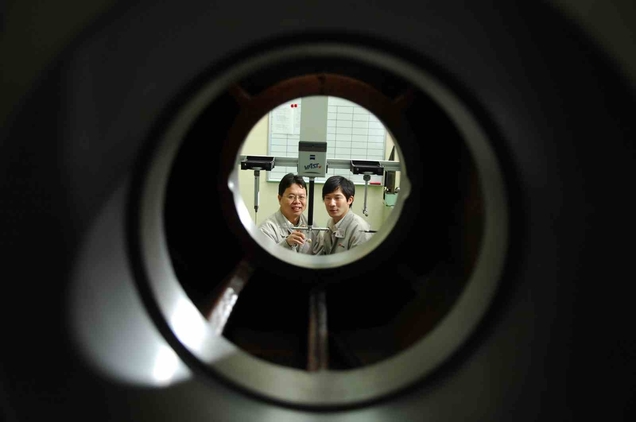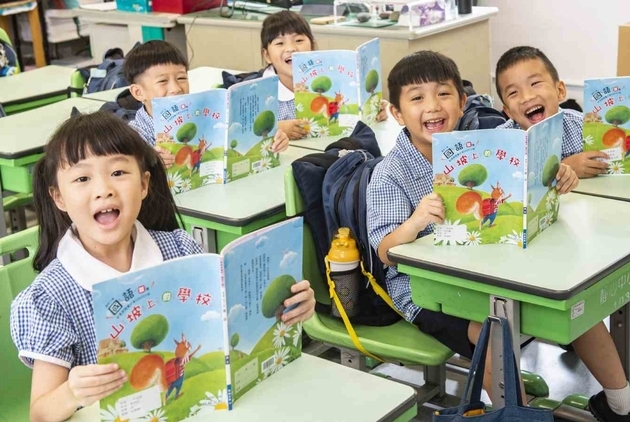The Rebirth of the Hsinchu Zoo
Taiwan’s Oldest Zoo Saves the Cages for Humans
With 83 years of history, the Hsinchu Zoo, Taiwan’s oldest zoo to continuously operate at the same location, reopened on December 28. No longer bordered by concrete walls and cordoned off by metal railings, the reborn Hsinchu Zoo uses moats, shrubbery, and green fences to divide space. Could it change the way you think about zoos?
Exclusive 2020 State of the Nation Survey
Taiwan vs. Republic of China, the Brewing Generational Conflict
Who are we? What’s our country’s name? CommonWealth Magazine’s latest exclusive State of the Nation Survey reveals that on matters of national identity and Chinese unification, the generational schism is at a record high. Taiwanese under forty chooses “Taiwan” over “Republic of China”. Sixty percent of Taiwanese over forty supports the status quo.
Retirees Wealthier than Middle-Aged Working Population
Generational Wealth Gap: The Older, the Richer
A declining crime rate, a narrowing gender wage gap, and female participation in politics above the world average demonstrate that Taiwan is making good progress toward an equitable and just society. Yet there is a downside: Taiwan’s younger people feel short-changed because wealth remains concentrated in the hands of the older population.
Higher Productivity ≠ Higher Pay
The Forces behind Taiwan’s Stagnant Wages
Taiwan’s changing industrial structure has resulted in large-sized companies dominating exports, pushing aside the small and medium-sized companies that were once the country’s backbone. Amid that transition, workers’ real earnings have remained relatively stagnant, unable to keep pace with economic growth. Why is that and what can be done?
Has Educational Reform Succeeded in Taiwan? 4500-Percent Rise in Cram Schools over Past 30 Years
The number of Taiwanese students studying abroad has exceeded 40,000 in recent years, with increasing diversity in choice of countries. Nevertheless, despite repeated efforts at educational reform in Taiwan, cram schools continue to proliferate, and the number of students who have interrupted their studies or dropped out due to a disconnect with their interests is also quite high. In light of this, do the new national curriculum guidelines present an opportunity for change?






